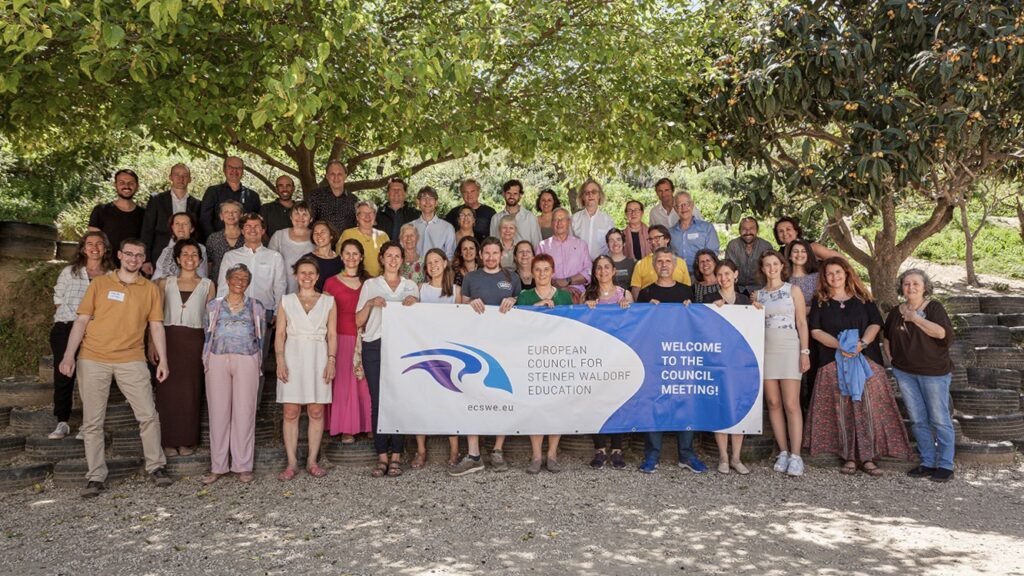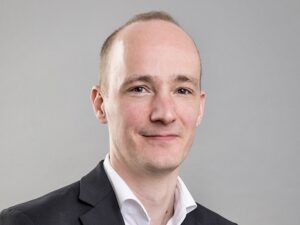Brussels, 26 May 2023
Council meetings as space for exchange and learning

Throughout 2022, our council members came together three times. The meetings served as platforms for member collaboration, covering topics such as UNICEF’s What Makes Me? report, and the recognition and curriculum development of Steiner Waldorf schools across Europe.
Bringing UNICEF’s What Makes Me? report closer to our members
In the online council meeting held on 4 and 5 February 2022, we were joined by Daniel Kropf from the Learning for Well-being Foundation, and by Dominic Richardson from UNICEF Innocenti. Together with Martyn Rawson, we looked into the recently published What Makes Me? UNICEF report on the nine core capacities for living and learning. The report strongly resonates with the Steiner Waldorf pedagogical approach as it also emphasises nurturing each child’s unique potential across mental, emotional, physical and spiritual dimensions.
Members meet in Portugal to discuss recognition of Steiner Waldorf education
Being fully recognised means that Steiner Waldorf schools are allowed to deliver their curriculum, and are funded in such a way that the financial element does not prevent any family from choosing our schools. In many of our members’ countries, this is not the case.
In our council meeting in Lisbon from 6 to 8 May 2022, we gathered to exchange on the current situation, recent developments and future plans for better recognition of our schools, and more freedom in education. Insightful discussions about the European-level challenges were covered by the European Council of National Associations of Independent Schools and OIDEL, while our members from Portugal, Belgium, Denmark and Spain presented related challenges on their national levels.
Curriculum experts gather in Belgium to exchange ideas
Between 14 and 16 October 2022, the council gathered in Belgium around the topic of Steiner Waldorf curricula and the challenges of implementing such curricula on the national and school levels. We also got informed about the developments in the Commission’s Working Group on Schools from our representative Martyn Rawson, regarding introduction of the blended learning concept into schools, and the Group’s efforts towards helping Ukrainian students, teachers and schools deal with the challenges of the war.
We deepened the topic by listening to our Ukrainian members about the devastating conditions for the Ukrainian schools, including recent bombing of one school. Our partners at the Freunde der Erziehungskunst shared their work in providing emergency pedagogy training as a crucial response to such experiences.
A question? Please don’t hesitate to contact us!




